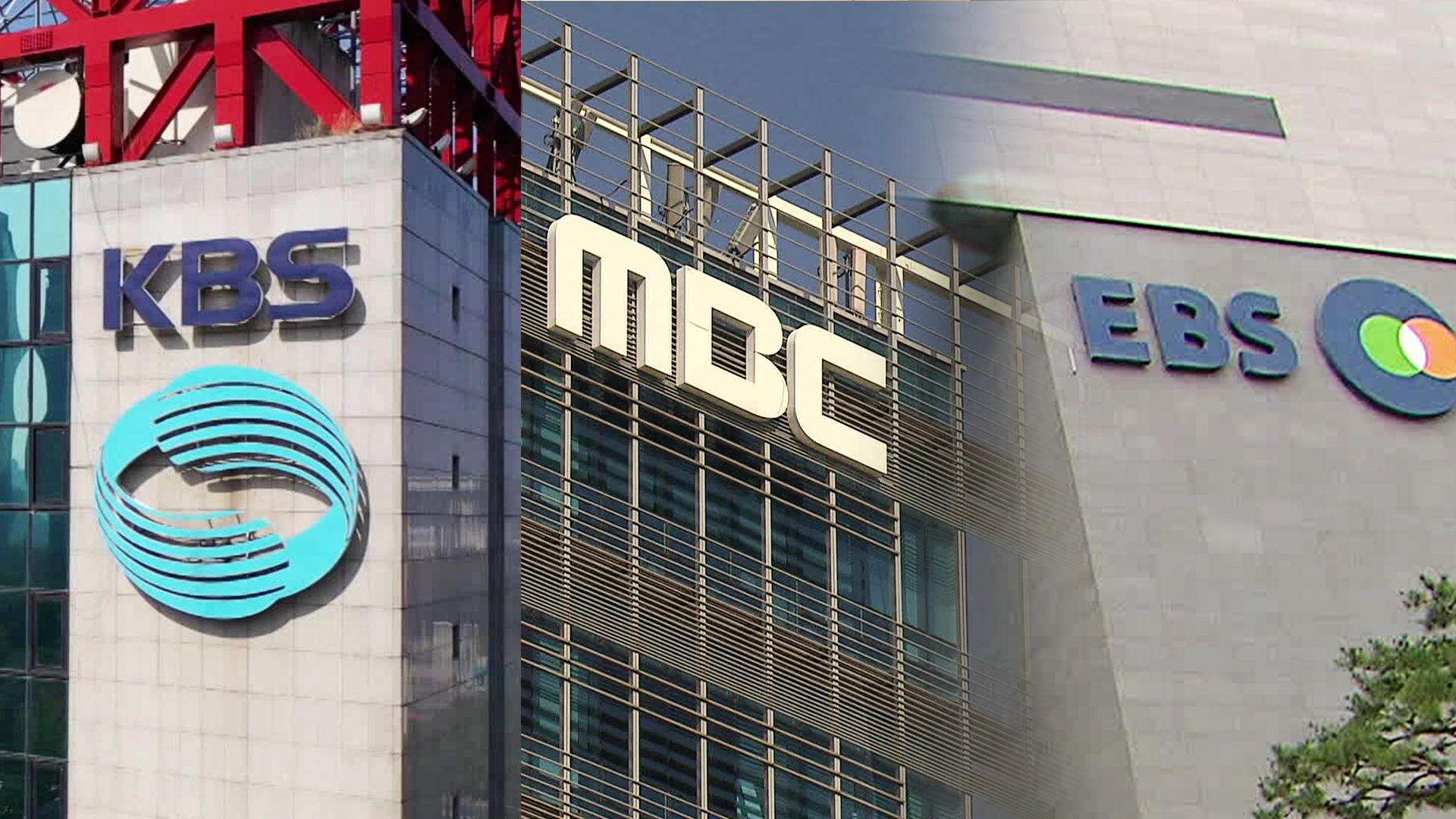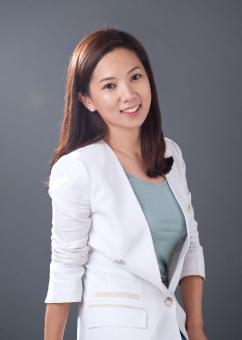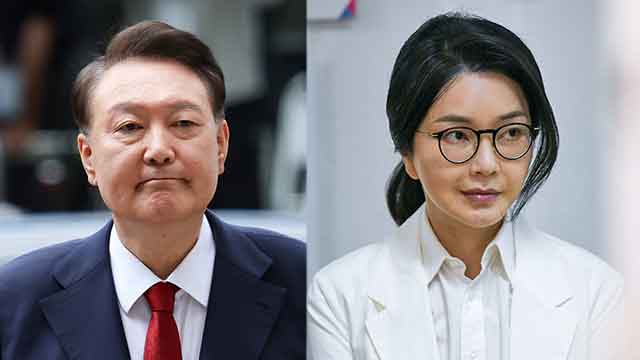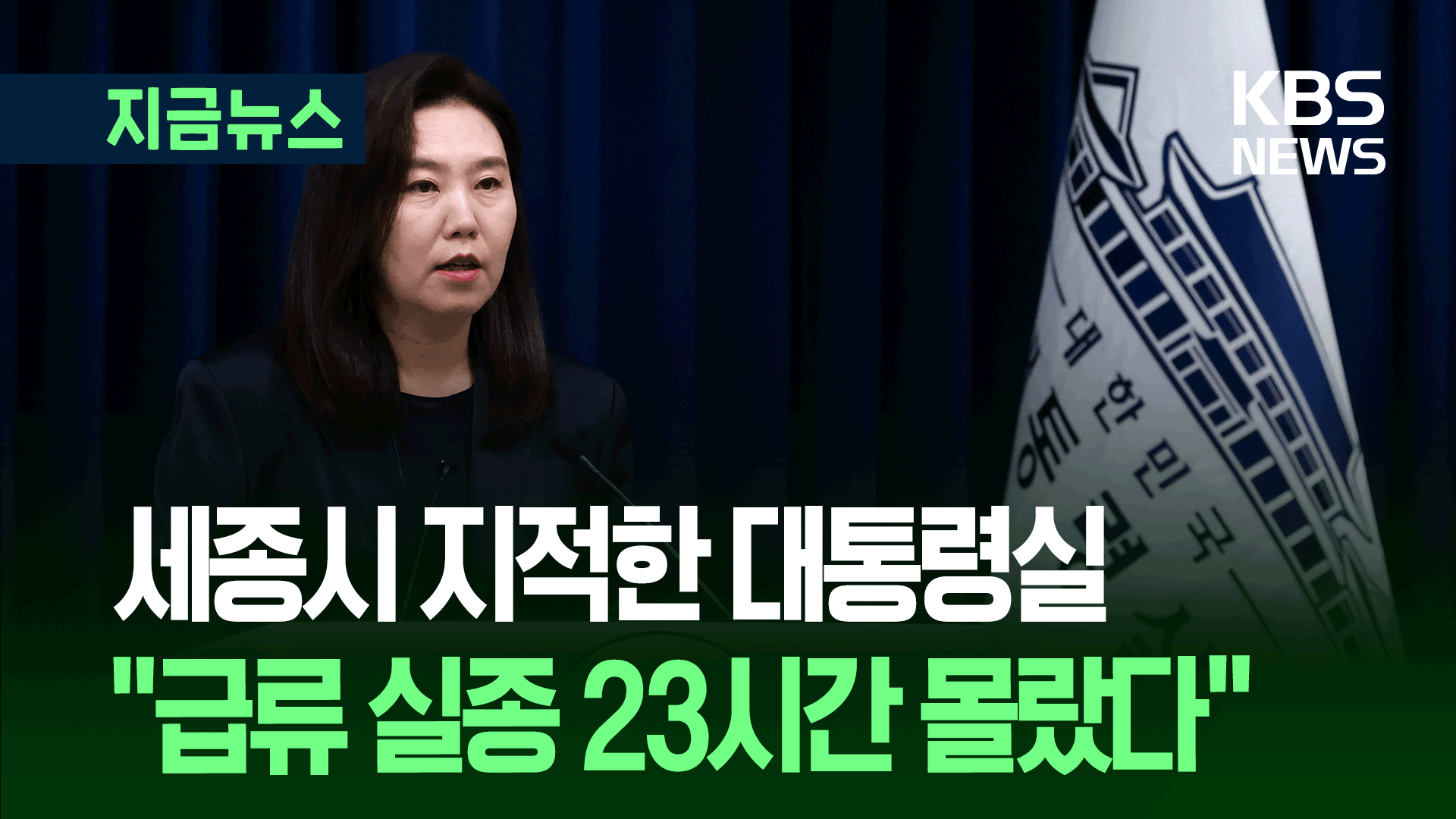Broadcasting law stirs party divide
입력 2025.07.21 (05:10)
읽어주기 기능은 크롬기반의
브라우저에서만 사용하실 수 있습니다.
[Anchor]
The ruling and opposition parties clashed once again over the "three broadcasting laws", which are set to be discussed in the National Assembly next month.
There were clear differences in opinions on key issues such as the expansion of public broadcasting board members and the composition of the president recommendation committee.
Today (July 20), we report on the main scenes from KBS 1TV's Sunday Diagnosis, by reporter Woo Jung-hwa.
[Report]
The amendment to the three broadcasting laws focuses on restructuring the governance of public broadcasting.
The plan is to increase the number of board members and diversify the recommending entities to reduce political influence.
The ruling party claimed it would ensure the political neutrality of public broadcasting.
[Kim Hyun/National Assembly Broadcasting and Communication Committee ruling party member/Democratic Party: "We need a system that prevents broadcasting from being swayed by the government."]
The opposition party opposed it, arguing that it would only benefit certain groups.
[Choi Hyung-du/National Assembly Broadcasting and Communication Committee opposition party member/People Power Party: "This can be seen as the KCTU's broadcasting union trying to control public broadcasting, and we find it very precarious."]
Differences in opinions widened regarding the key authority of the board, which is the recommendation of the CEO.
In particular, there were conflicting views in academia regarding the 'CEO recommendation committee' composed of more than 100 citizens.
Some argued it would allow for public opinion to be formed by the people, not the government's intentions.
[Chae Young-gil/Professor, Department of Media Communication, Hankuk University of Foreign Studies: "Who will be the leader to create and manage the necessary programs? We can create a common understanding about this."]
Counterarguments suggested that the process of forming the recommendation committee would actually amplify political conflicts.
[Hwang Geun/Professor, Department of Media Communication, Sun Moon University: "Political tendencies will lead similar organizations to competitively support the recommendation committee. From the start of the CEO selection, it will become a political battle."]
There were also clear differences of opinions regarding the mandatory equal representation of labor and management in the programming committee and the consent system for appointing news directors. Some called it "a measure for production autonomy to reflect viewer opinions" while others warned that "broadcasting could be swayed by certain forces."
The amendment to the three broadcasting laws, which only reaffirmed the differences in positions, is expected to be processed in the National Assembly plenary session next month.
This is KBS News, Woo Jung-hwa.
The ruling and opposition parties clashed once again over the "three broadcasting laws", which are set to be discussed in the National Assembly next month.
There were clear differences in opinions on key issues such as the expansion of public broadcasting board members and the composition of the president recommendation committee.
Today (July 20), we report on the main scenes from KBS 1TV's Sunday Diagnosis, by reporter Woo Jung-hwa.
[Report]
The amendment to the three broadcasting laws focuses on restructuring the governance of public broadcasting.
The plan is to increase the number of board members and diversify the recommending entities to reduce political influence.
The ruling party claimed it would ensure the political neutrality of public broadcasting.
[Kim Hyun/National Assembly Broadcasting and Communication Committee ruling party member/Democratic Party: "We need a system that prevents broadcasting from being swayed by the government."]
The opposition party opposed it, arguing that it would only benefit certain groups.
[Choi Hyung-du/National Assembly Broadcasting and Communication Committee opposition party member/People Power Party: "This can be seen as the KCTU's broadcasting union trying to control public broadcasting, and we find it very precarious."]
Differences in opinions widened regarding the key authority of the board, which is the recommendation of the CEO.
In particular, there were conflicting views in academia regarding the 'CEO recommendation committee' composed of more than 100 citizens.
Some argued it would allow for public opinion to be formed by the people, not the government's intentions.
[Chae Young-gil/Professor, Department of Media Communication, Hankuk University of Foreign Studies: "Who will be the leader to create and manage the necessary programs? We can create a common understanding about this."]
Counterarguments suggested that the process of forming the recommendation committee would actually amplify political conflicts.
[Hwang Geun/Professor, Department of Media Communication, Sun Moon University: "Political tendencies will lead similar organizations to competitively support the recommendation committee. From the start of the CEO selection, it will become a political battle."]
There were also clear differences of opinions regarding the mandatory equal representation of labor and management in the programming committee and the consent system for appointing news directors. Some called it "a measure for production autonomy to reflect viewer opinions" while others warned that "broadcasting could be swayed by certain forces."
The amendment to the three broadcasting laws, which only reaffirmed the differences in positions, is expected to be processed in the National Assembly plenary session next month.
This is KBS News, Woo Jung-hwa.
■ 제보하기
▷ 카카오톡 : 'KBS제보' 검색, 채널 추가
▷ 전화 : 02-781-1234, 4444
▷ 이메일 : kbs1234@kbs.co.kr
▷ 유튜브, 네이버, 카카오에서도 KBS뉴스를 구독해주세요!
- Broadcasting law stirs party divide
-
- 입력 2025-07-21 05:10:21

[Anchor]
The ruling and opposition parties clashed once again over the "three broadcasting laws", which are set to be discussed in the National Assembly next month.
There were clear differences in opinions on key issues such as the expansion of public broadcasting board members and the composition of the president recommendation committee.
Today (July 20), we report on the main scenes from KBS 1TV's Sunday Diagnosis, by reporter Woo Jung-hwa.
[Report]
The amendment to the three broadcasting laws focuses on restructuring the governance of public broadcasting.
The plan is to increase the number of board members and diversify the recommending entities to reduce political influence.
The ruling party claimed it would ensure the political neutrality of public broadcasting.
[Kim Hyun/National Assembly Broadcasting and Communication Committee ruling party member/Democratic Party: "We need a system that prevents broadcasting from being swayed by the government."]
The opposition party opposed it, arguing that it would only benefit certain groups.
[Choi Hyung-du/National Assembly Broadcasting and Communication Committee opposition party member/People Power Party: "This can be seen as the KCTU's broadcasting union trying to control public broadcasting, and we find it very precarious."]
Differences in opinions widened regarding the key authority of the board, which is the recommendation of the CEO.
In particular, there were conflicting views in academia regarding the 'CEO recommendation committee' composed of more than 100 citizens.
Some argued it would allow for public opinion to be formed by the people, not the government's intentions.
[Chae Young-gil/Professor, Department of Media Communication, Hankuk University of Foreign Studies: "Who will be the leader to create and manage the necessary programs? We can create a common understanding about this."]
Counterarguments suggested that the process of forming the recommendation committee would actually amplify political conflicts.
[Hwang Geun/Professor, Department of Media Communication, Sun Moon University: "Political tendencies will lead similar organizations to competitively support the recommendation committee. From the start of the CEO selection, it will become a political battle."]
There were also clear differences of opinions regarding the mandatory equal representation of labor and management in the programming committee and the consent system for appointing news directors. Some called it "a measure for production autonomy to reflect viewer opinions" while others warned that "broadcasting could be swayed by certain forces."
The amendment to the three broadcasting laws, which only reaffirmed the differences in positions, is expected to be processed in the National Assembly plenary session next month.
This is KBS News, Woo Jung-hwa.
The ruling and opposition parties clashed once again over the "three broadcasting laws", which are set to be discussed in the National Assembly next month.
There were clear differences in opinions on key issues such as the expansion of public broadcasting board members and the composition of the president recommendation committee.
Today (July 20), we report on the main scenes from KBS 1TV's Sunday Diagnosis, by reporter Woo Jung-hwa.
[Report]
The amendment to the three broadcasting laws focuses on restructuring the governance of public broadcasting.
The plan is to increase the number of board members and diversify the recommending entities to reduce political influence.
The ruling party claimed it would ensure the political neutrality of public broadcasting.
[Kim Hyun/National Assembly Broadcasting and Communication Committee ruling party member/Democratic Party: "We need a system that prevents broadcasting from being swayed by the government."]
The opposition party opposed it, arguing that it would only benefit certain groups.
[Choi Hyung-du/National Assembly Broadcasting and Communication Committee opposition party member/People Power Party: "This can be seen as the KCTU's broadcasting union trying to control public broadcasting, and we find it very precarious."]
Differences in opinions widened regarding the key authority of the board, which is the recommendation of the CEO.
In particular, there were conflicting views in academia regarding the 'CEO recommendation committee' composed of more than 100 citizens.
Some argued it would allow for public opinion to be formed by the people, not the government's intentions.
[Chae Young-gil/Professor, Department of Media Communication, Hankuk University of Foreign Studies: "Who will be the leader to create and manage the necessary programs? We can create a common understanding about this."]
Counterarguments suggested that the process of forming the recommendation committee would actually amplify political conflicts.
[Hwang Geun/Professor, Department of Media Communication, Sun Moon University: "Political tendencies will lead similar organizations to competitively support the recommendation committee. From the start of the CEO selection, it will become a political battle."]
There were also clear differences of opinions regarding the mandatory equal representation of labor and management in the programming committee and the consent system for appointing news directors. Some called it "a measure for production autonomy to reflect viewer opinions" while others warned that "broadcasting could be swayed by certain forces."
The amendment to the three broadcasting laws, which only reaffirmed the differences in positions, is expected to be processed in the National Assembly plenary session next month.
This is KBS News, Woo Jung-hwa.
-
-

우정화 기자 jhw01@kbs.co.kr
우정화 기자의 기사 모음
-
이 기사가 좋으셨다면
-
좋아요
0
-
응원해요
0
-
후속 원해요
0











![[단독] 김건희 특검, 명태균 28일 소환 통보…‘뇌물공여 혐의’ 적시](/data/news/2025/07/21/20250721_32GI6A.jpg)



이 기사에 대한 의견을 남겨주세요.